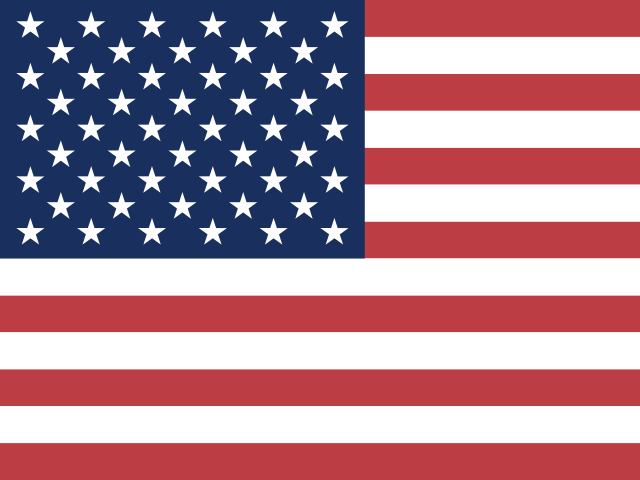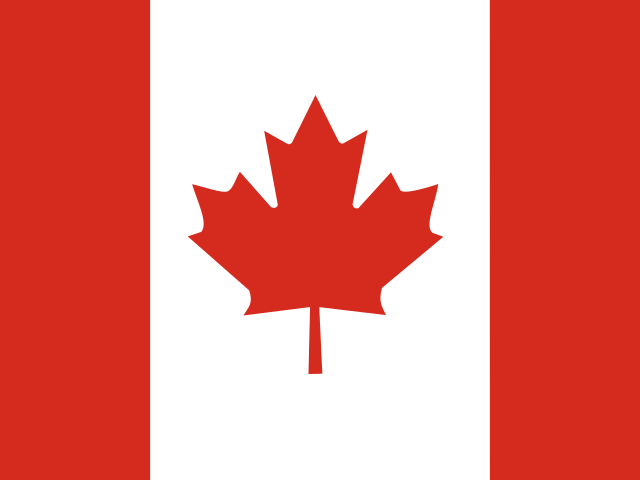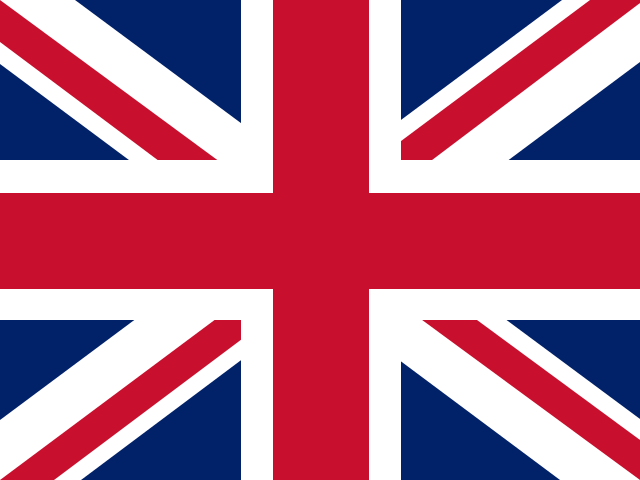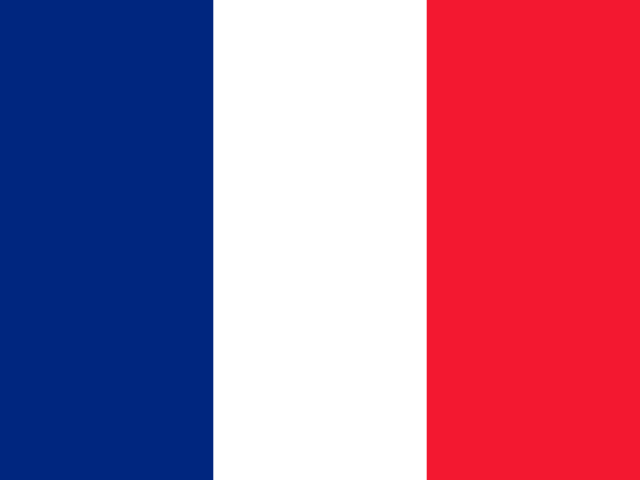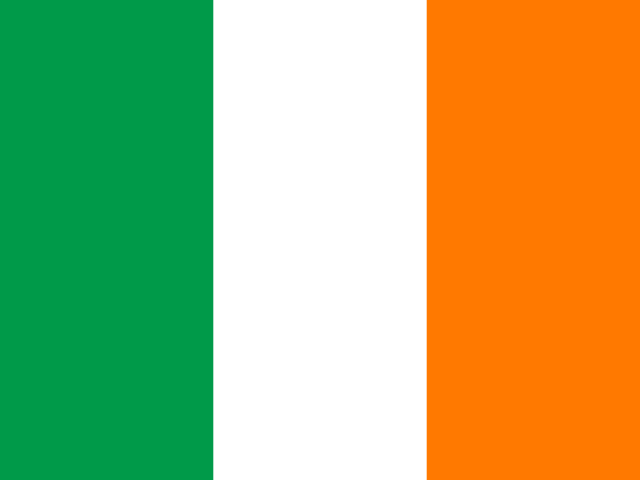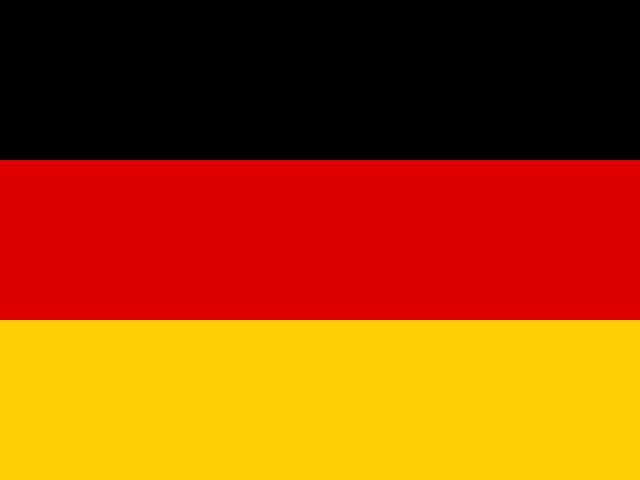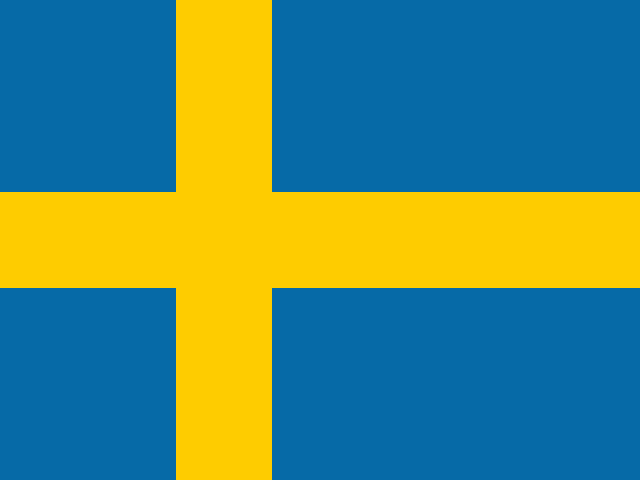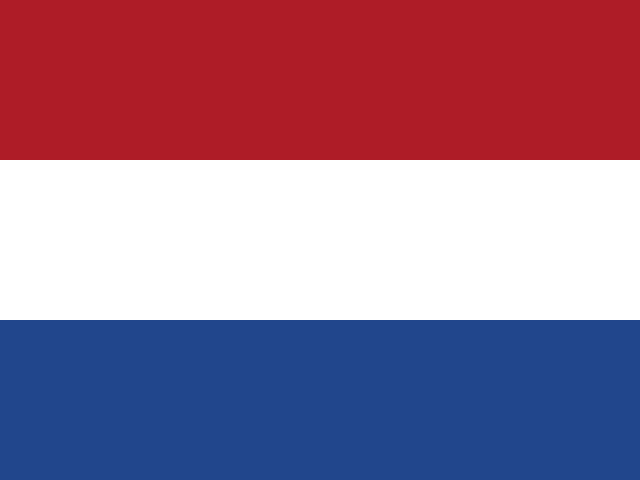Netherlands Or Holland
The Kingdom of the Netherlands, frequently Known as Holland is a small state in the northwest of Europe. The fact that approximately 95 percent of the Dutch people speak English, which makes it an amazing destination for global students.
Holland is regarded as among the safest areas on earth and ranks at the top 10 funniest states also.Holland has many high-ranking Universities. These include:
Additionally, there are numerous Small Business Schools in the Netherlands, such as:
There are many Universities in Holland offering programs taught entirely in English. As of 2019, you will find only over 2,100 applications at Bachelor, Master and PhD degree that follow instruction in English.
Webster University is currently the sole American University in Holland. This is a personal US accredited University that enables students to pursue a Master or Bachelor Program in English.
Tuition fees are very fair in Holland. Students from the European Union, Switzerland or Surinam pay only over 2,000 EUR per year. Non-EU pupils pay between 6,000 EUR and 15,000 EUR annually to get a Bachelor program or 8,000 EUR to 20,000 EUR annually for a Master program. Precise tuition prices for a particular program are located on the official site StudyFinder.nl.
Detecting a scholarship to study in Holland is made simple by a government initiative which lists dozens of upgraded scholarship and grant opportunities in their site .
Prices of living in Holland
The price of living in Holland averages between 600 – 800 EUR a month. Add to that about 200 EUR a month for tuition prices and you’ve got an average budget of 800 – 1,000 EUR a month to pay all of your expenses. An area prices anywhere between 300 – 600 EUR a month. Groceries only under 200 EUR and entertainment or clothes are insured by approximately 100 EUR a month.
Internships & Company Placements at Holland
An internship in the Netherlands is popularly called a “stage”. Internships from the Netherlands are just allowed for applicants registered at an education institution for a student. Most colleges and Faculties assist students with placements in companies in Holland.
Please note that there are gaps in work license, internship remuneration and social security deductions which will depend on in the event that you’re pursuing an internship as part of a research program or research abroad application.
If you’re applying for an internship as part of a research program in Holland, you may be a resident in Holland, so there’s absolutely not any requirement for any extra license. Additionally, there are no limitations on payment, but you’ll be asked to pay tax as well as your employer should include social security contributions, unless the payment is just a reimbursement for state travel expenses.
If you’re a participating in a study abroad program, it’s still possible to perform an internship at Holland, but you have to be aware of particular specifics: Unless you’re an EU/EEC or national, along with your internship is going to be 90 days or less then your employer will be asked to submit an application for a work permit on your behalf. If your internship will survive over 90 days, you may require a residence permit. If your stay at Holland is less than 6 weeks and you’re spending at least 50 percent of the time around the internship, and then you could be compensated tax-free. Those staying more than 90 days will often have a part of their wages deducted as taxation.
For more interesting strategies and suggestions on regulations concerning internships from Holland, please see the Work placement business and interns segment on the Netherlands Enterprise Agency site.
Working in Holland
International students in Holland are lawfully eligible to work while they study in the nation. Non-EU or non-EEA pupil will take a work permit. An employer can ask for that for your benefit. This will let you work 10 hours each week throughout the academic year; throughout June, July and August you’ll be permitted to operate fulltime.
Whether you require a student visa or to not research in Holland depends upon your native state. For EU citizens and taxpayers in Australia, Canada, Japan, Monaco, New Zealand, South Korea, the US or even the Vatican City State, There Is absolutely no requirement to get a student visa. Other nationals are expected to submit an application for a student visa.
The University or higher education institution in which you want to research will ask information from the Dutch Immigration Service (IND) with respect to a MVV program. If the information is positive, then you are able to apply to your true MVV in the Dutch Embassy or Consulate into your home country.
Upon entrance into the Netherlands, pupils are expected to enroll at the local immigration authority office in addition to the municipality where they intend to live. In the end, a pupil must then make an application for a residence permit (VRR). Even though the VRR is valid for the length of your research, you’ll have to make at least 50 percent of the credits needed per year.
To be able to apply for a student loan, you’ll require a valid passport in addition to evidence of funds to prove you could support yourself throughout your stay. A letter confirming approval at an institution of high education and legitimate medical insurance will also be required.
ACCREDITATIONS AND MEMBERSHIPS







